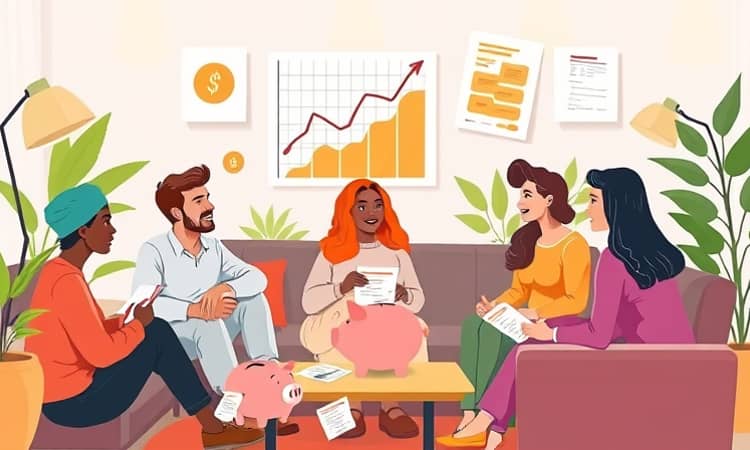Personal loans are a great option for individuals looking to create financial stability through borrowing money for various needs. These loans offer flexibility and can be used for a multitude of purposes, making them highly popular among consumers. However, many people have questions regarding personal loans, how they work, and their implications.
In this article, we'll address some frequently asked questions about personal loans to help you understand their advantages, limitations, and when they might be the right option for you. Understanding personal loans can empower you to make informed financial decisions, as well as prepare you for the application process.
Whether you are considering a personal loan for debt consolidation, home improvement, or unexpected expenses, having the right information can make all the difference in choosing the best loan that meets your needs.
What is a personal loan?

A personal loan is an unsecured loan that individuals can borrow from various financial institutions, such as banks and credit unions. Unlike secured loans, personal loans do not require collateral, making them more accessible for borrowers who do not have significant assets to offer as security.
The amount borrowed through a personal loan can vary significantly, typically ranging anywhere from a few hundred to several thousand dollars, depending on the lender's terms and the borrower's creditworthiness. Personal loans usually come with fixed interest rates and fixed repayment terms, enabling borrowers to budget their monthly payments effectively.
Overall, personal loans are designed to provide borrowers with quick access to funds, making them suitable for emergencies, larger purchases, or consolidating existing debt.
How do personal loans work?

When a borrower applies for a personal loan, the lender will evaluate their credit history, income, and debt-to-income ratio to determine their eligibility and the interest rate offered. Once approved, the lender disburses the loan amount, which the borrower must repay over time with interest.
Personal loans typically have fixed repayment terms, ranging from one to seven years, and the borrower pays a predetermined monthly amount over the life of the loan. This helps borrowers plan their finances and ensures that they can meet their obligations.
It is also essential to understand that personal loans come with specific interest rates, which can vary based on the borrower's credit score. Generally, borrowers with higher credit scores secure better interest rates, whereas those with lower scores might face higher costs.
Additionally, borrowers may encounter various fees throughout the loan process, including origination fees, late payment fees, and prepayment penalties. Being aware of these costs is crucial in understanding the total cost of the loan.
In summary, personal loans function as a straightforward borrowing solution, allowing people to access funds quickly while adhering to structured repayment plans.
- Assess your financial needs and how much you want to borrow.
- Research and compare interest rates, fees, and terms from various lenders.
- Submit your application with relevant documentation to your chosen lender.
What can I use a personal loan for?

Personal loans are versatile financial products that can be utilized for numerous purposes, providing borrowers with flexibility in their financial dealings.
- Debt consolidation - combining multiple debts into a single loan with a potentially lower interest rate.
- Major purchases - funding significant expenses like home renovations, medical bills, or travel.
- Unexpected expenses - covering emergencies such as car repairs or urgent medical situations.
What is the difference between a secured and unsecured personal loan?

When comparing secured and unsecured personal loans, the primary distinction lies in the requirement for collateral. A secured loan requires the borrower to pledge an asset, such as a vehicle or property, which the lender can seize if payments are not made.
In contrast, unsecured personal loans do not require collateral, making them more accessible to borrowers. However, because they present a higher risk to lenders, unsecured loans usually come with higher interest rates than secured loans.
What should I consider before applying for a personal loan?
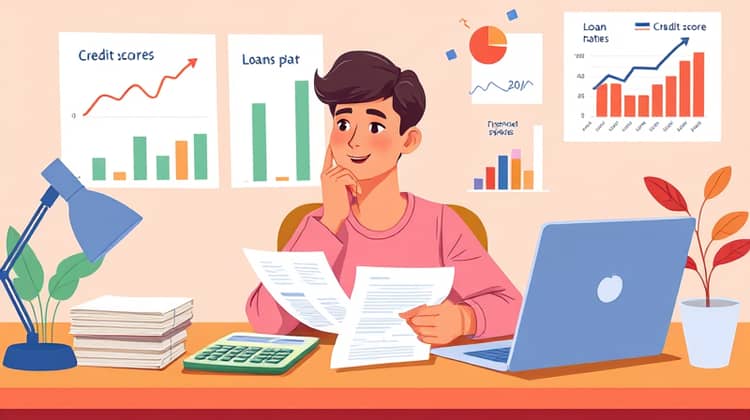
Before applying for a personal loan, it's essential to evaluate your financial situation to determine whether it's the right choice for you. Assess your ability to make monthly payments and consider how the loan fits into your broader financial plan.
You should also compare various lenders to find the best interest rate and terms available. Different lenders have different policies, which can make a significant difference in the overall cost of the loan.
Another vital aspect to consider is your credit score. A higher score may yield better rates, while a lower score might restrict your options or result in higher fees.
- Assess your financial needs and ability to repay the loan.
- Compare different lenders' offers.
- Check your credit score and correct any inaccuracies.
By carefully evaluating these factors, you can make an informed decision and choose a personal loan that meets your needs without putting your financial future at risk.
Taking the time to understand the implications of borrowing can prevent unnecessary stress and financial difficulties down the line.
How do I choose the right personal loan?
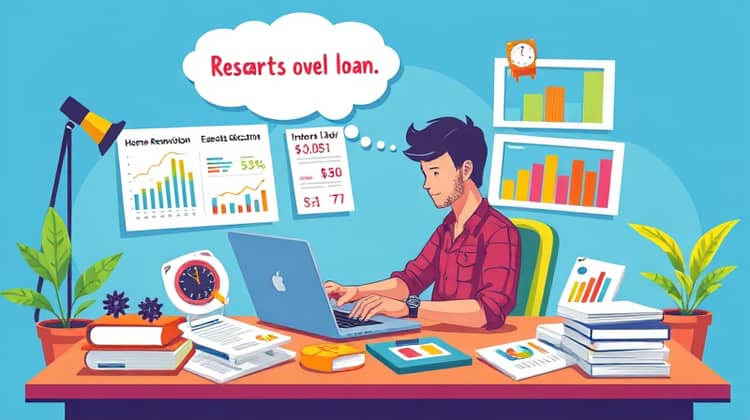
Choosing the right personal loan involves thorough research and consideration of your financial goals and circumstances.
- Determine the amount you need and for what purpose.
- Research different lenders and their terms and conditions.
- Check the interest rates, fees, and repayment structures being offered.
How do I apply for a personal loan?

Applying for a personal loan typically involves a few key steps that ensure you provide the necessary information for lenders to assess your eligibility.
First, gather all required documentation, such as proof of income, identification, and credit history, to streamline the application process. Being organized can prevent delays in approval.
Next, submit your application to your chosen lender, either online or in-person, depending on their procedures.
- Gather required documents (e.g., ID, proof of income).
- Complete the loan application form honestly.
- Submit your application and await approval from the lender.
How long does it take to get approved for a personal loan?
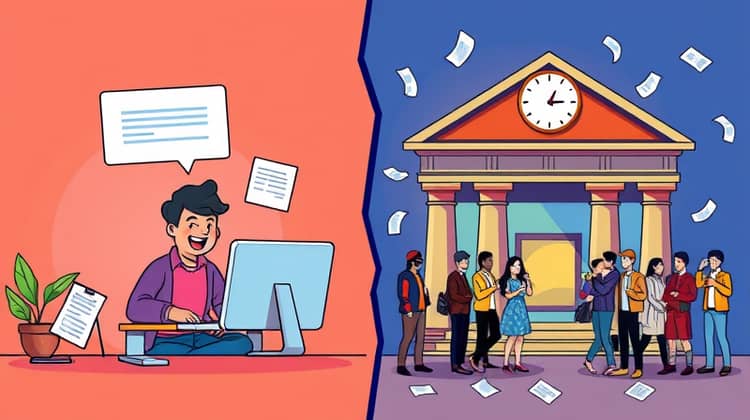
The time it takes to get approved for a personal loan can vary based on the lender's processing times and the complexity of your application. Generally, the approval process can take anywhere from a few hours to several days.
In some cases, online lenders may offer faster approval times, often providing decisions in minutes, whereas traditional banks may take longer due to extensive verification procedures.
- Quick online lenders may provide instant decisions.
- Traditional banks typically take a few days due to verification needs.
It's crucial to keep in mind that while speed is essential, you should also ensure that you are applying for loans with favorable terms that suit your financial situation.
Do personal loans affect my credit score?
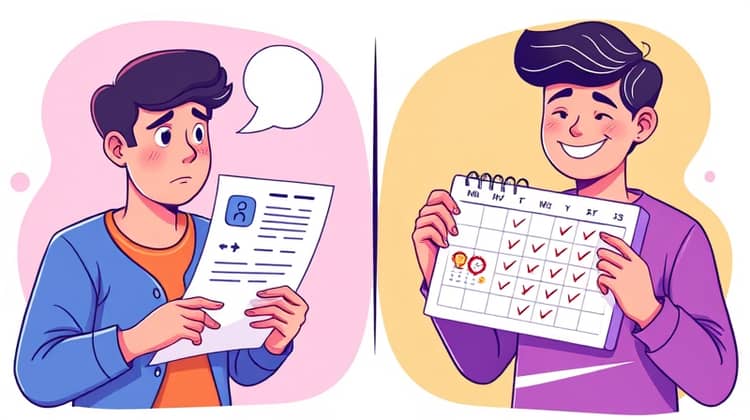
Yes, personal loans can affect your credit score in several ways. When you apply for a loan, the lender will conduct a hard inquiry on your credit report, which may cause a temporary decrease in your score.
On the other hand, if you make timely payments on your personal loan, it can have a positive impact on your credit history, demonstrating your ability to manage debt responsibly.
- Applying for a personal loan results in a hard inquiry on your credit report.
- Making consistent payments can improve your credit score over time.
Keeping this dual nature of personal loans in mind can help you manage your credit score effectively while benefiting from taking a personal loan.
What types of personal loans does Chase offer?
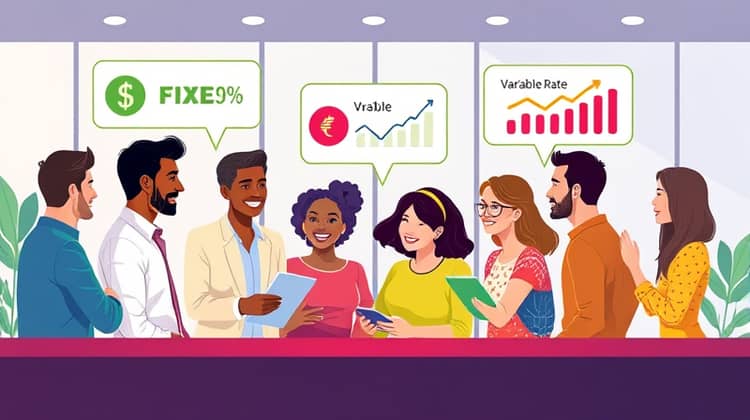
Chase Bank offers a variety of personal loan options designed to meet different financial needs. These loans can be used for various purposes, from debt consolidation to major purchases.
Their offerings typically include fixed-rate loans, online application options, and flexible repayment terms, allowing borrowers to select a loan that aligns with their financial goals.
- Fixed-rate personal loans offer stable monthly payments.
- Variable-rate personal loans may change with market conditions.
- Debt consolidation personal loans target lower overall borrowing costs.
Are there any fees associated with personal loans?
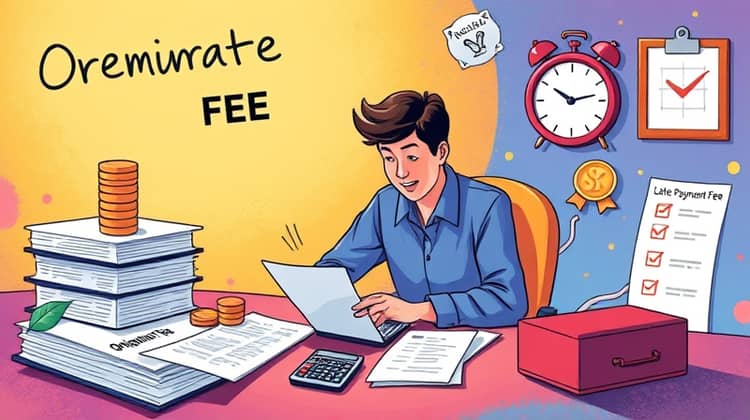
Yes, personal loans may come with various fees that borrowers should consider to understand the total cost of their loan. Common fees include origination fees, application fees, and late payment fees.
It's important to ask potential lenders about any fees associated with their loans to ensure you are fully informed before proceeding.
- Origination fees - charged for processing the loan application.
- Late payment fees - incurred if payments are not made on time.
Ensuring that you are aware of any associated costs can help you manage your overall financial burden when taking out a personal loan.
Is a personal loan the right choice for me?

Deciding whether a personal loan is the right choice depends on various factors, including your financial situation, purpose of borrowing, and repayment capability. It is crucial to evaluate your specific circumstances before making a decision.
Consider whether you have a clear repayment plan in place, as personal loans require consistent monthly payments. If the loan aligns with your financial goals and you can actively manage repayment, it can be a wise choice.
Additionally, you should assess your current debt levels and ensure you are not overextending yourself, which could lead to financial difficulty.
Ultimately, seeking advice from a financial professional may help clarify your options and lead to making a more informed decision about using a personal loan.

